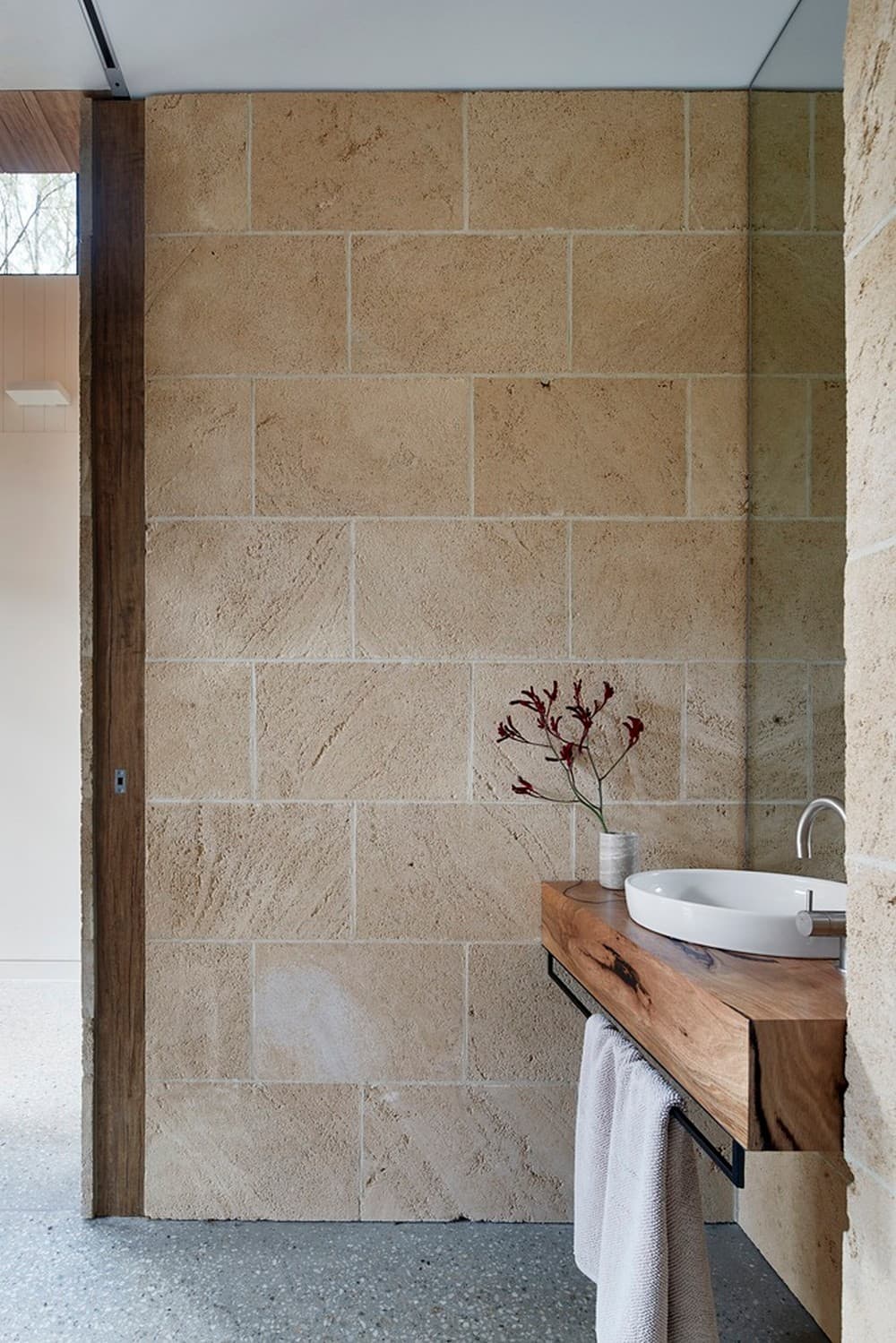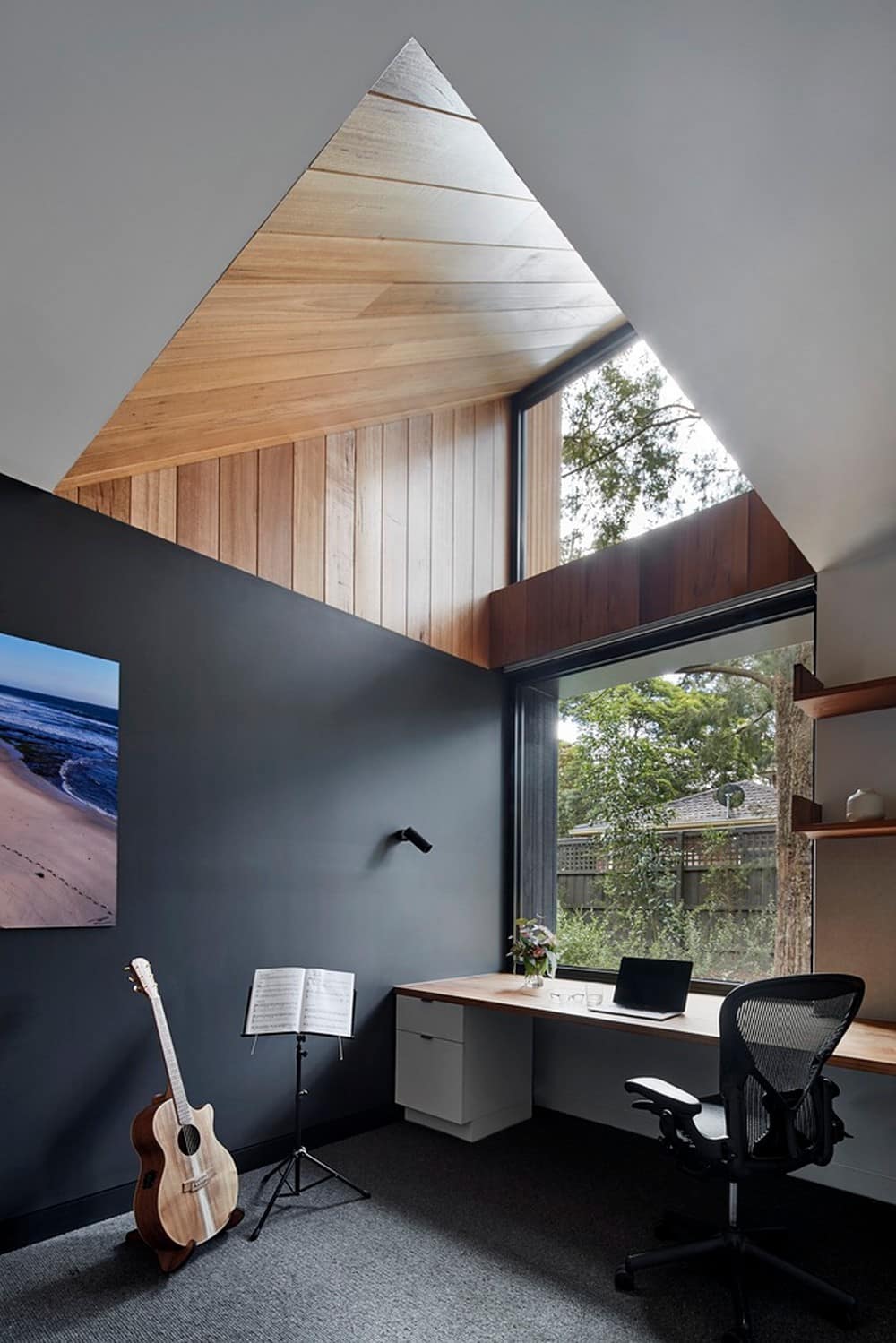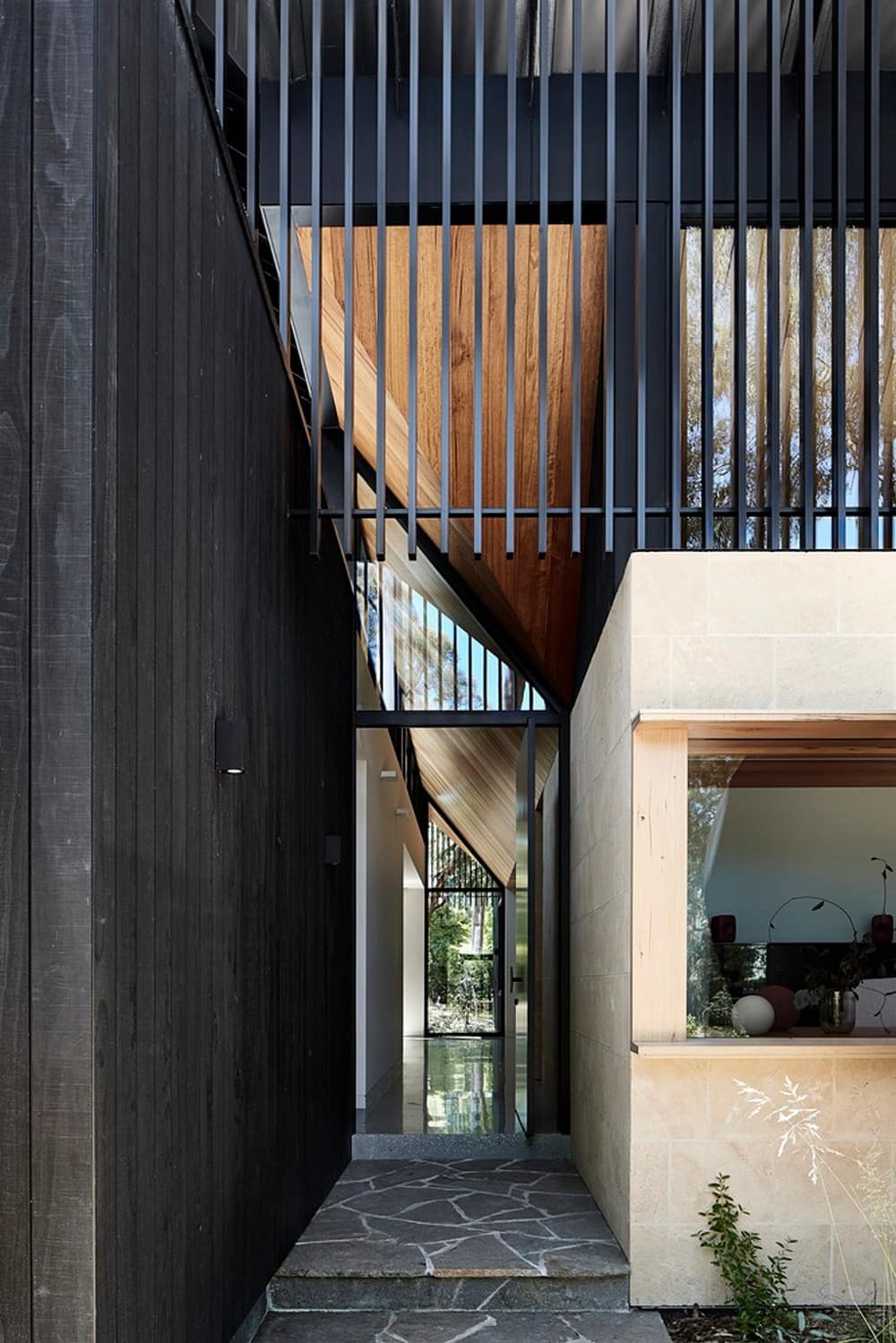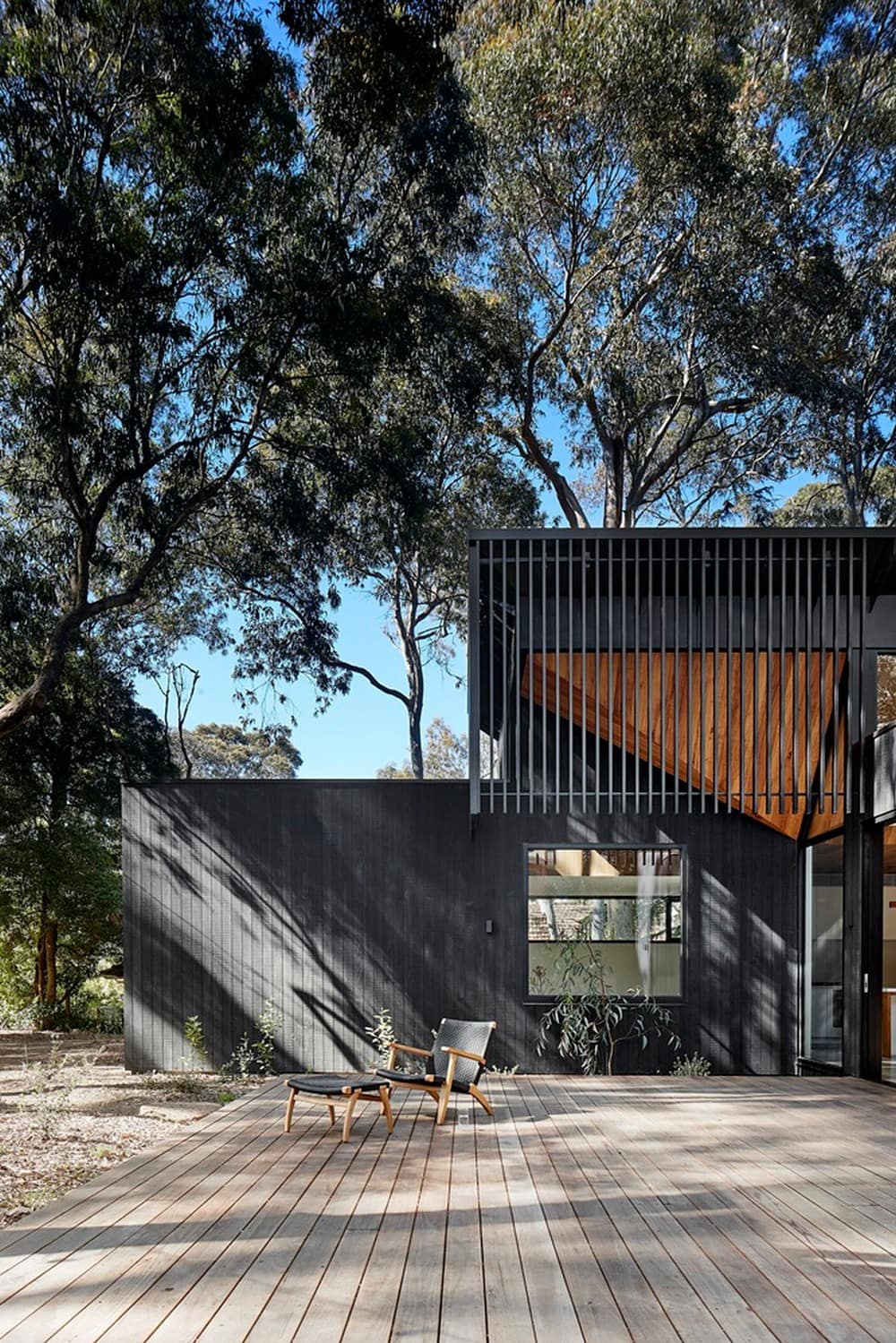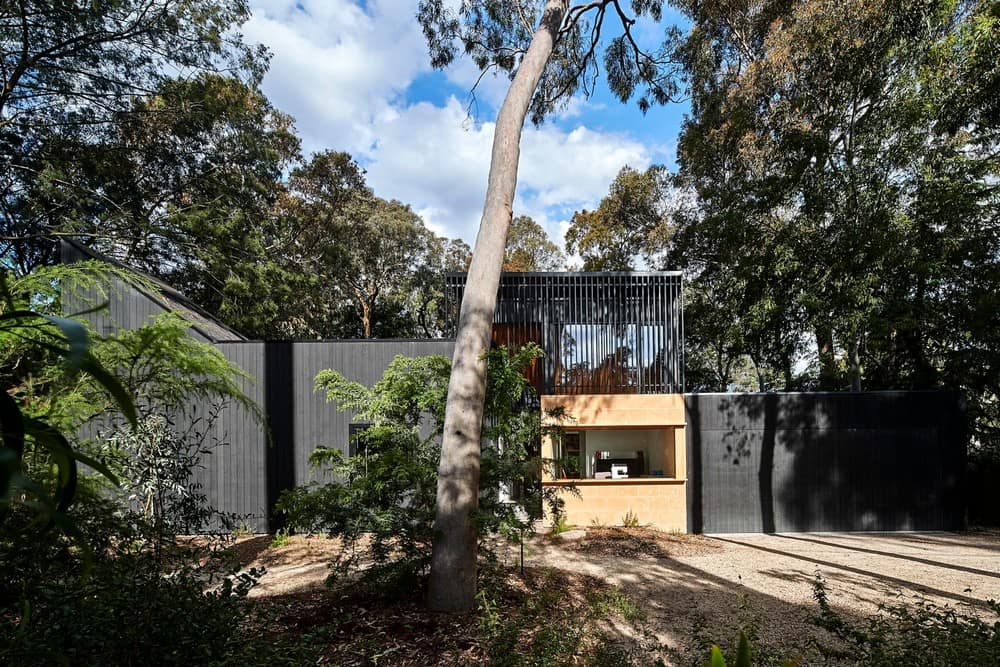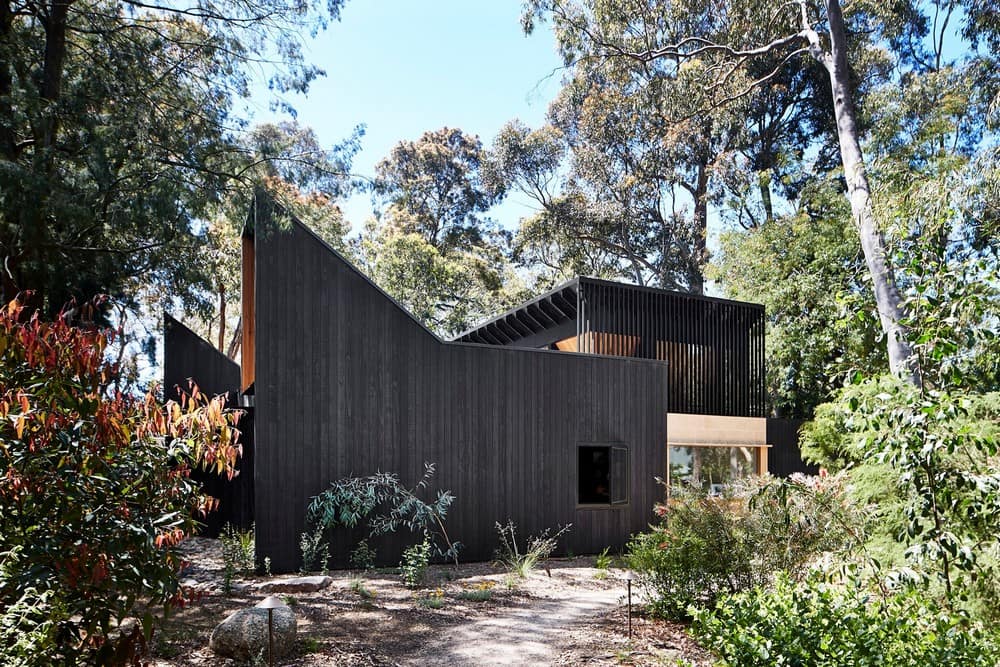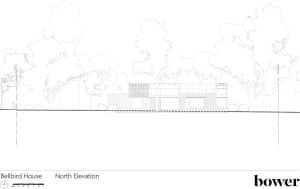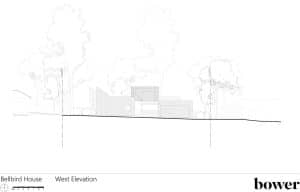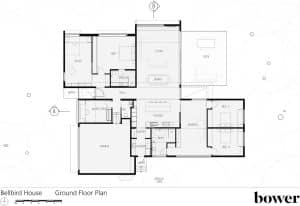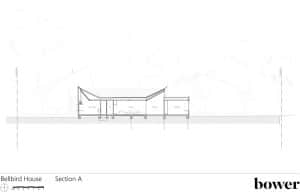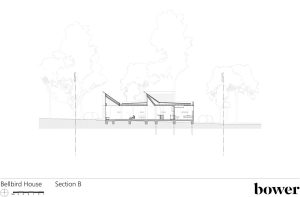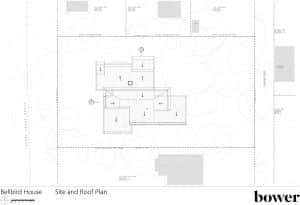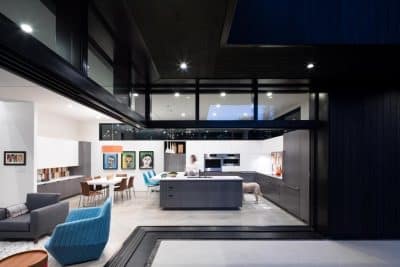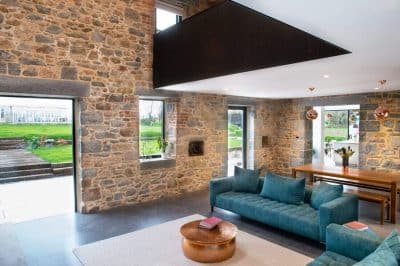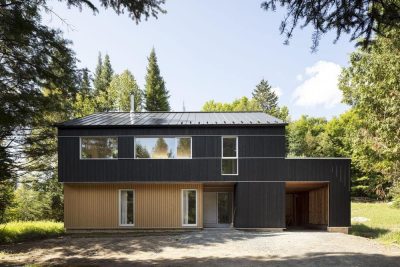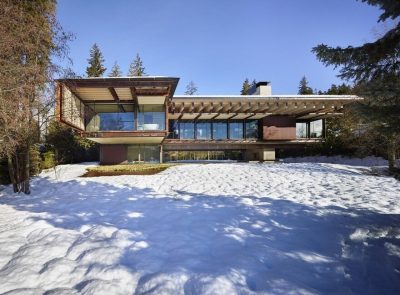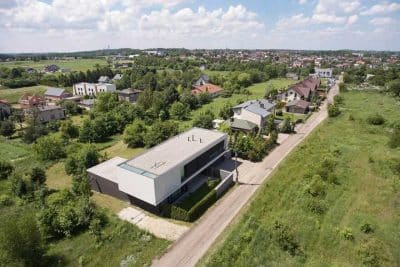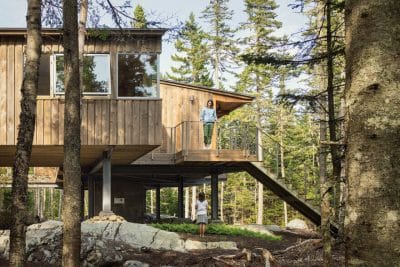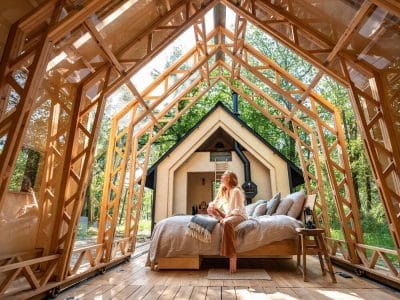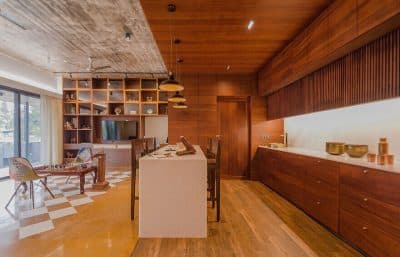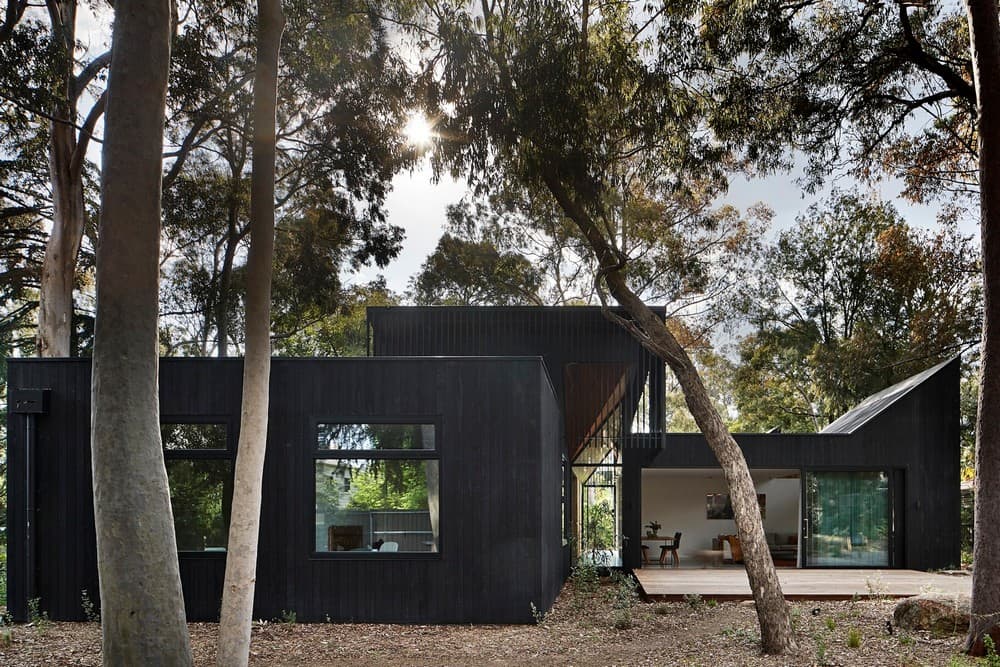
Project: Bellbird House
Architects: Bower Architecture
Landscape Architect: Sam Cox Landscapes
Builders: Crisp Projects
Project Architect: Jees King
Design Team: Jees King, Chema Bould, Anna Dutton, Jade Vidal, Alana Gelbart, Nick Malcher
Location: Blackburn, Melbourne, Victoria, Australia
Area: 322 m2
Year: 2021
Photographs: Shannon McGrath
After a long search, our clients Cameron and Nicole found a property in the Bellbird Area of Blackburn, a classified National Trust area that has been protected against significant development since the 1960s. The Bellbird Area is a suburban bush setting, connected to the Blackburn Bush Corridor a critical habitat for birdlife and animals. The streetscapes retain a peaceful ambiance with no footpaths, dominated by native vegetation. The site featured 41 existing established native trees, all of which were preserved in the creation of this home nestled amongst, and suffused by the natural landscape.
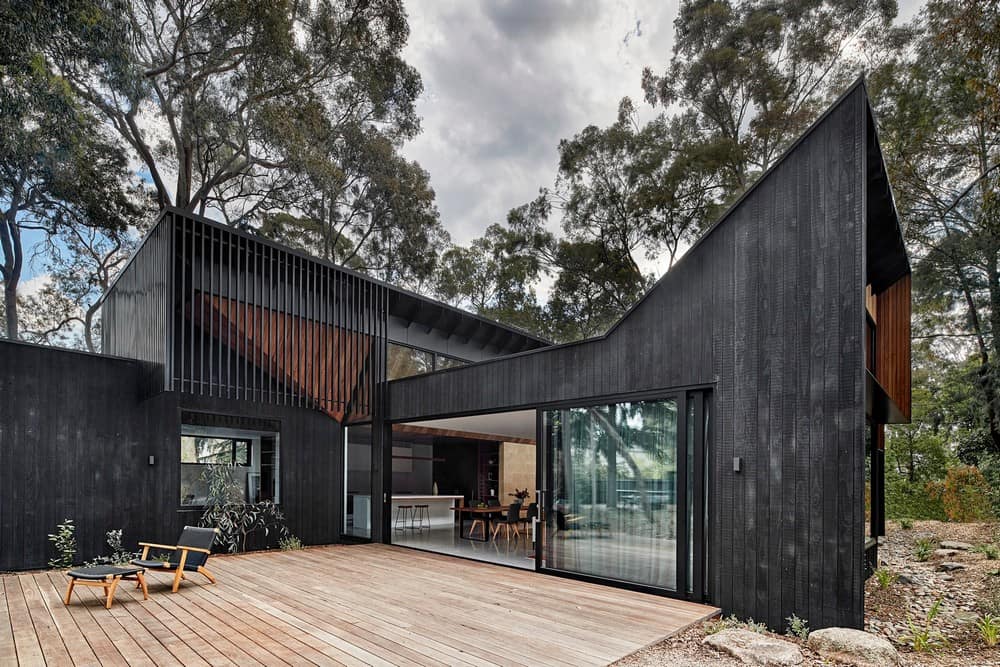
Cameron and Nicole’s brief to us was for a single-story family home that blended warmth and comfort, which was responsive to and respectful of the natural beauty of its bush surroundings.
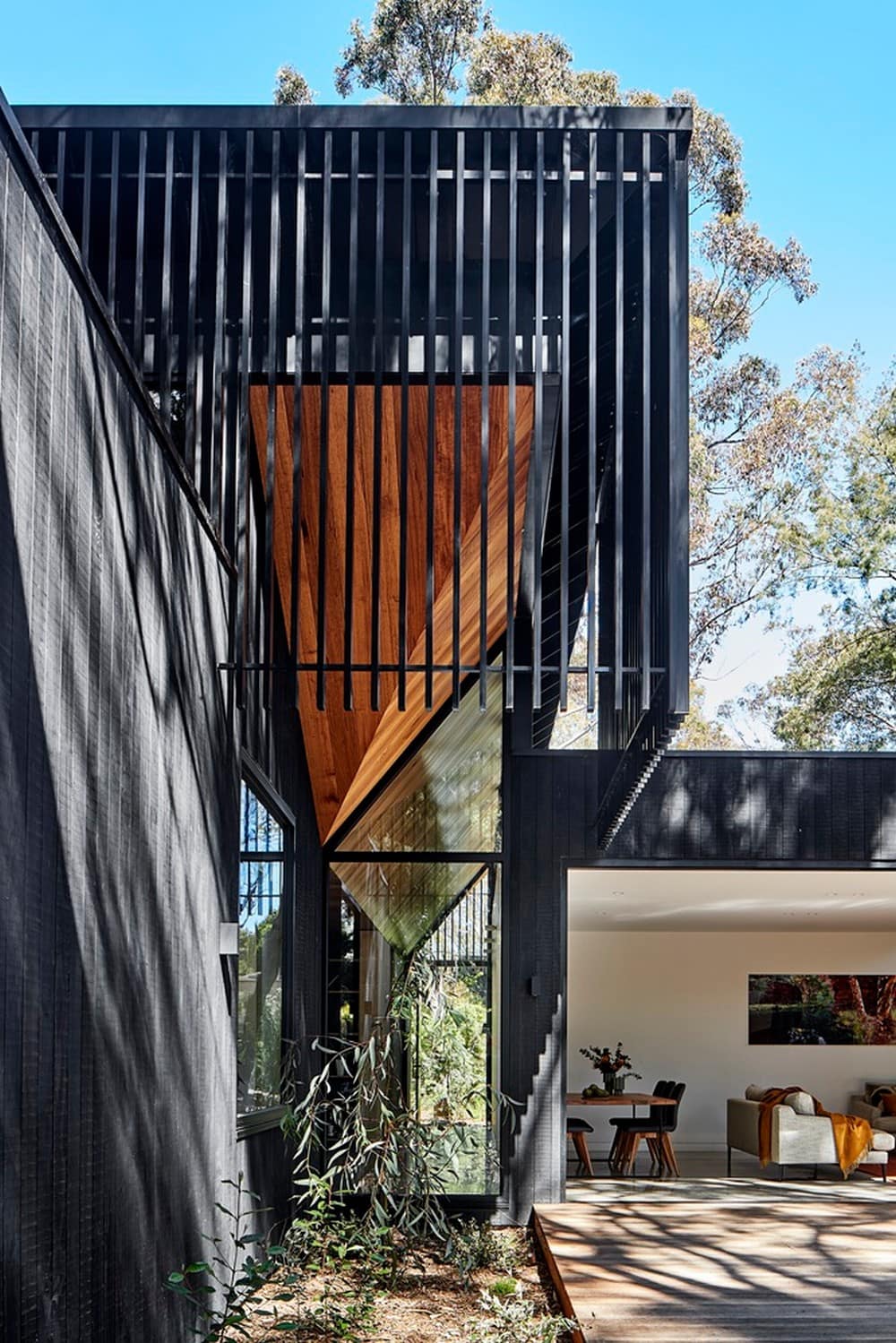
The wonderful tree canopies, textures, smells, sounds, and colors of the site became the key drivers for the design. Internal sightlines at eye level were dominated by trunks and neighboring properties, so we gave preference to abundant north-facing highlight windows which direct views up and out to the treetops above, flooding the interiors with daylight.
Internally lined with Tasmanian Oak, these highlights developed into a synthesis of the external expression of the building, as angled roofs reach up to the tree canopies above. A light, natural material palette internally starts with a central spine of Australian limestone cladding, which wraps from the external entry into the heart of the house. External materials, such as black-oiled bandsawn Accoya, were selected to provide a contrasting backdrop to the grey-green of the eucalypts while mirroring bark-like vertical texture.
Centered around an open-plan kitchen, dining, and living space that opens up to the landscape at the rear, the house is arranged to meet Cameron and Nicole’s brief for spaces to share with their two daughters, and spaces of solitude for all their individual pursuits – music, reading, study.
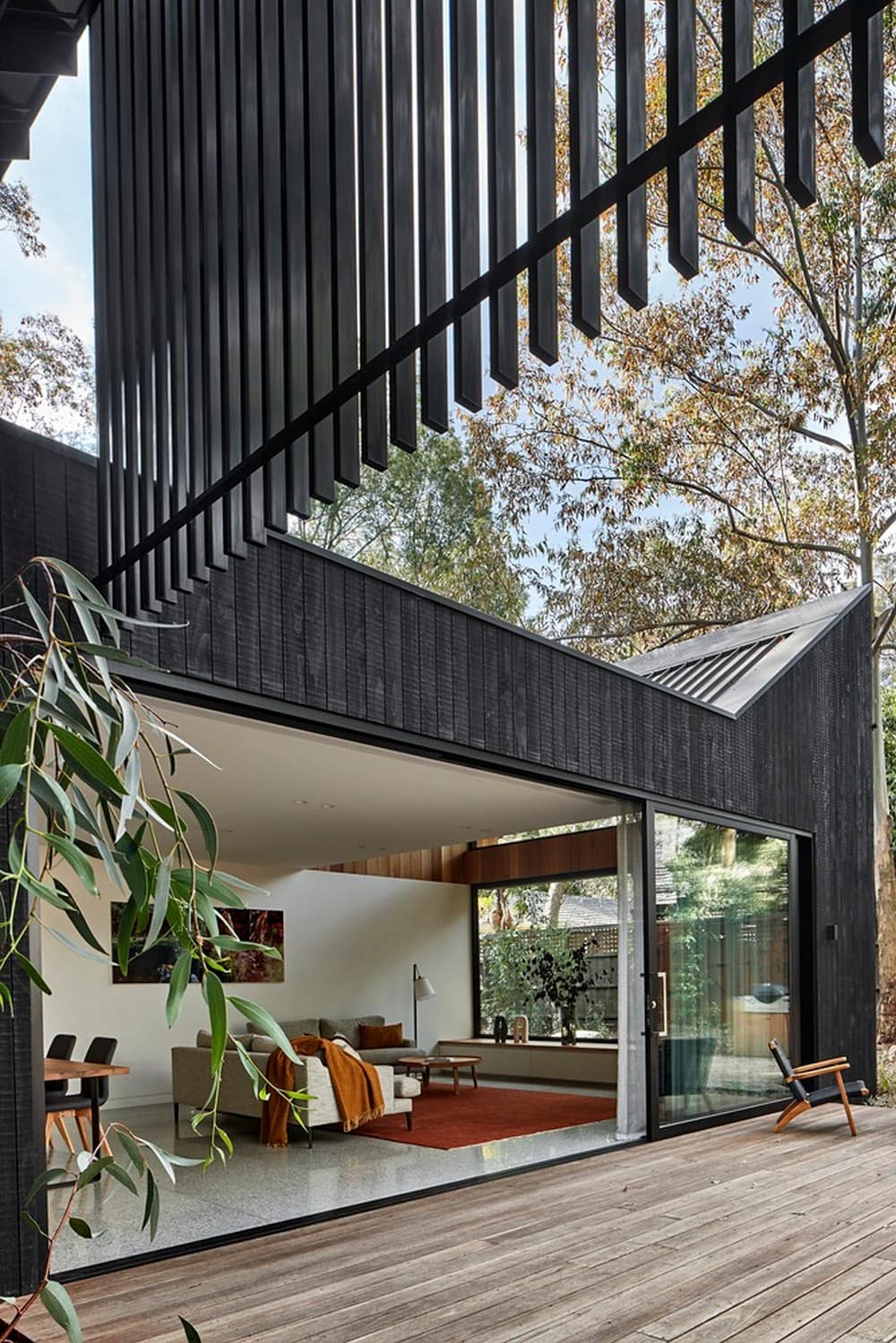
This Bellbird House is the result of a wonderful collaborative relationship between the architect, builder, and client – each respectful of the other’s expertise. The building team treated each detail with craft and care, resulting in a meticulous outcome. Landscape designer Sam Cox created a whimsical and meandering garden featuring an abundance of native grasses. Cameron and Nicole have planted over 1400 indigenous plants and installed a pond to encourage wildlife back to the site.
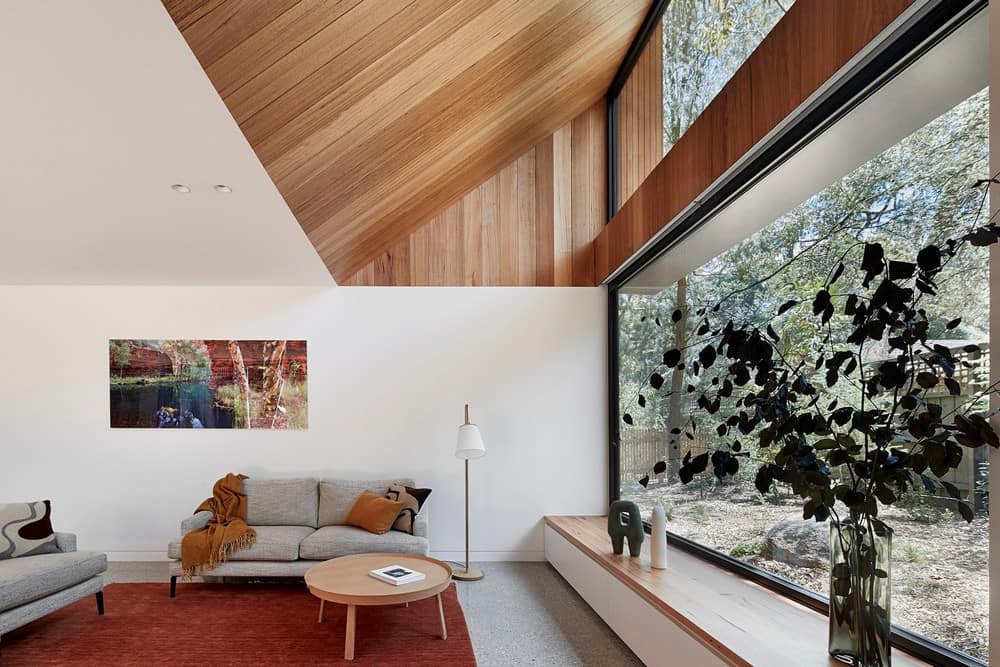
Bellbird House actively preserves this important area of natural habitat within suburbia. It is a house of activity and togetherness, a home where a family can connect with the natural environment and each other.
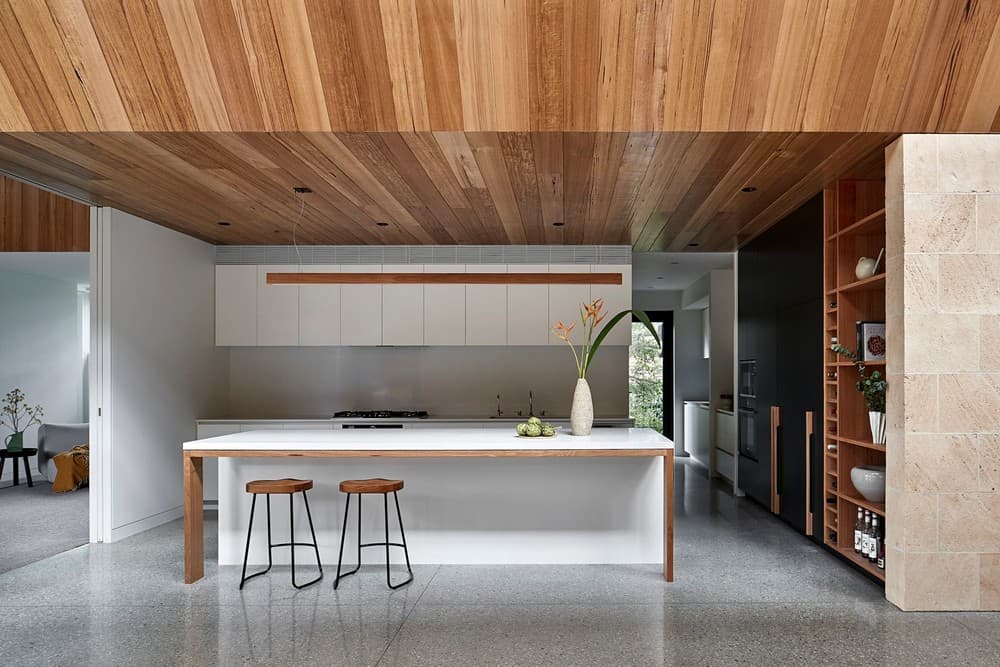
Sustainability: Passive and active design principles are essential to the success of Bellbird House which achieves a 7.1-star NatHERS rating. Passively, north-facing highlight windows flood the interiors with natural light and exhaust. Considered sun-shading protection during summer while harnessing winter sun angles; vertical batten screens to the west and east provide protection. Carefully placed smaller south and west windows facilitate cross-flow ventilation. All double glazing is high-performance thermally-broken aluminum and a car charger is located in the garag.
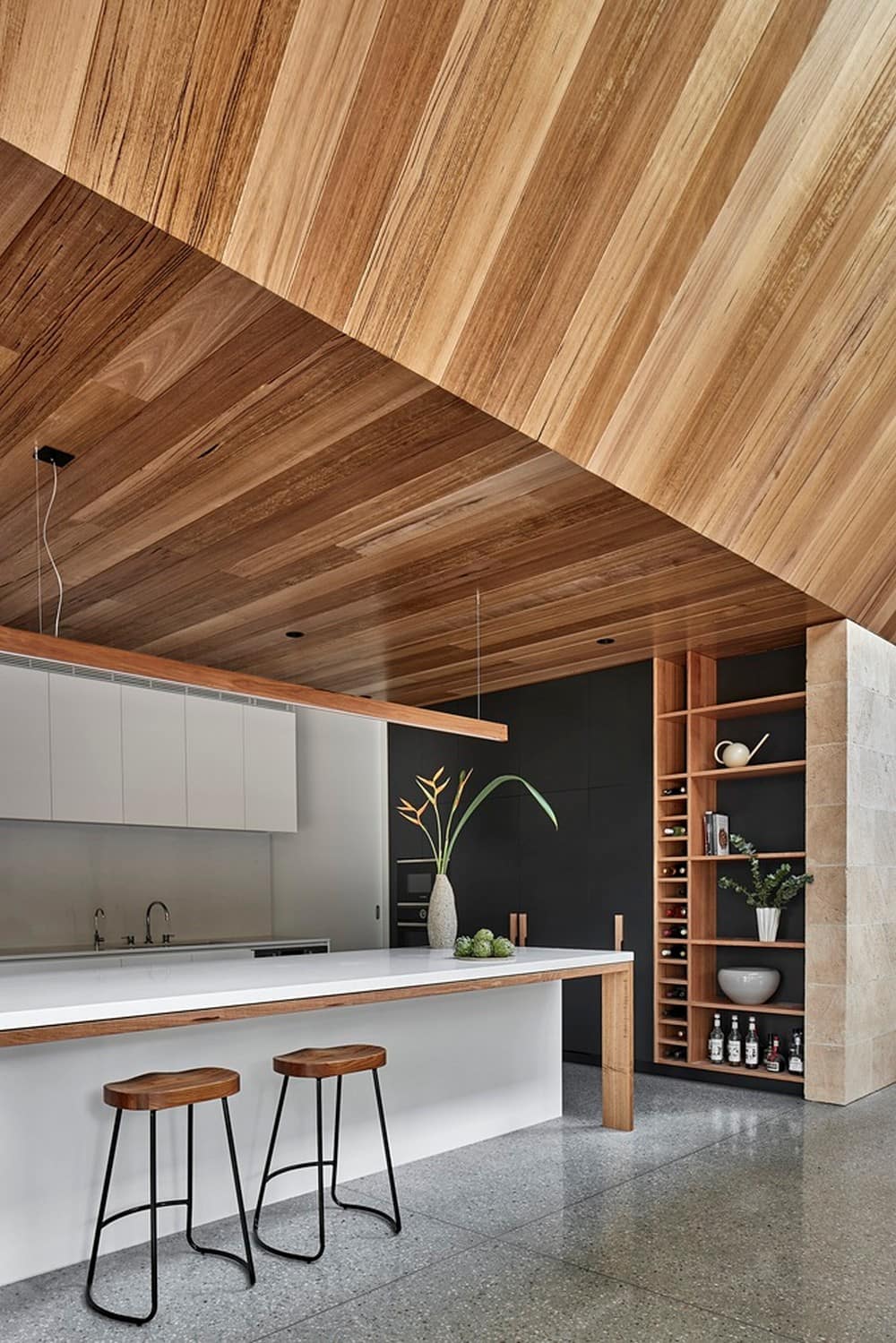
The home is packed with insulation batts and meticulously sealed. Cladding is sustainably sourced oiled Accoya timber, with PEFC locally-sourced, sustainably-managed Silver Top Ash highlights and natural limestone cladding from WA. Internally, PEFC Tasmanian Oak lines the ceilings and solid recycled timber features in main joinery pieces, celebrating beauty in the reuse of a natural material. Thermal mass principles act via the limestone cladding and insulated concrete slab with hydronic heating to main living areas, while Australian-made 100% wool carpet adds warmth.
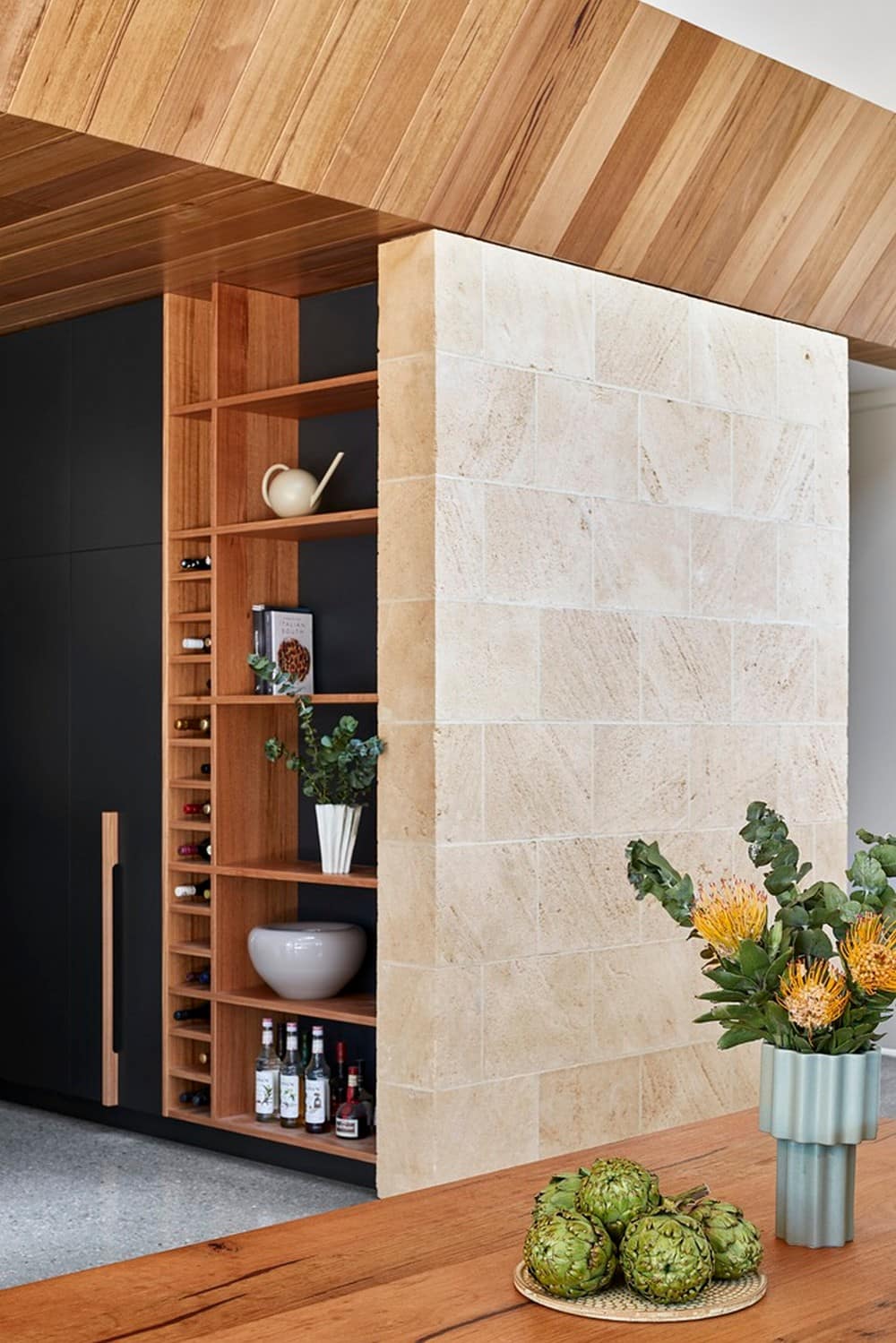
We acknowledge the Wurrundjeri people, Traditional Custodians of the land upon which this project is sited.
